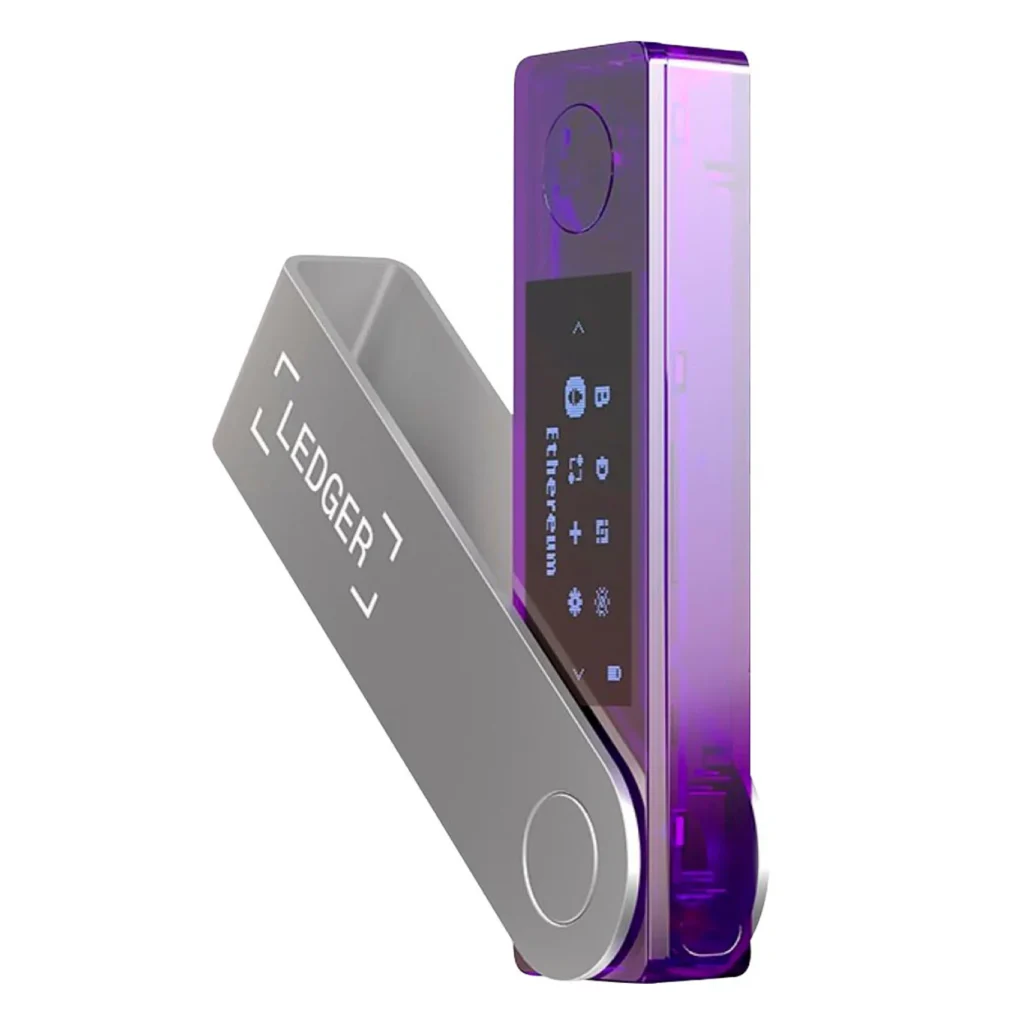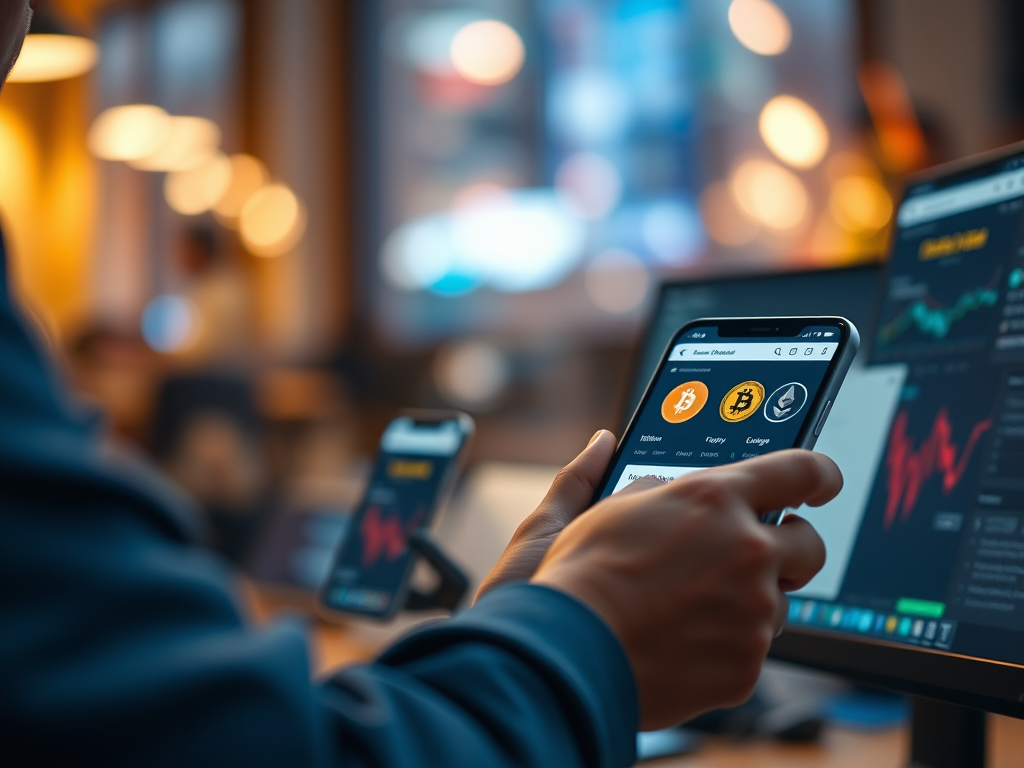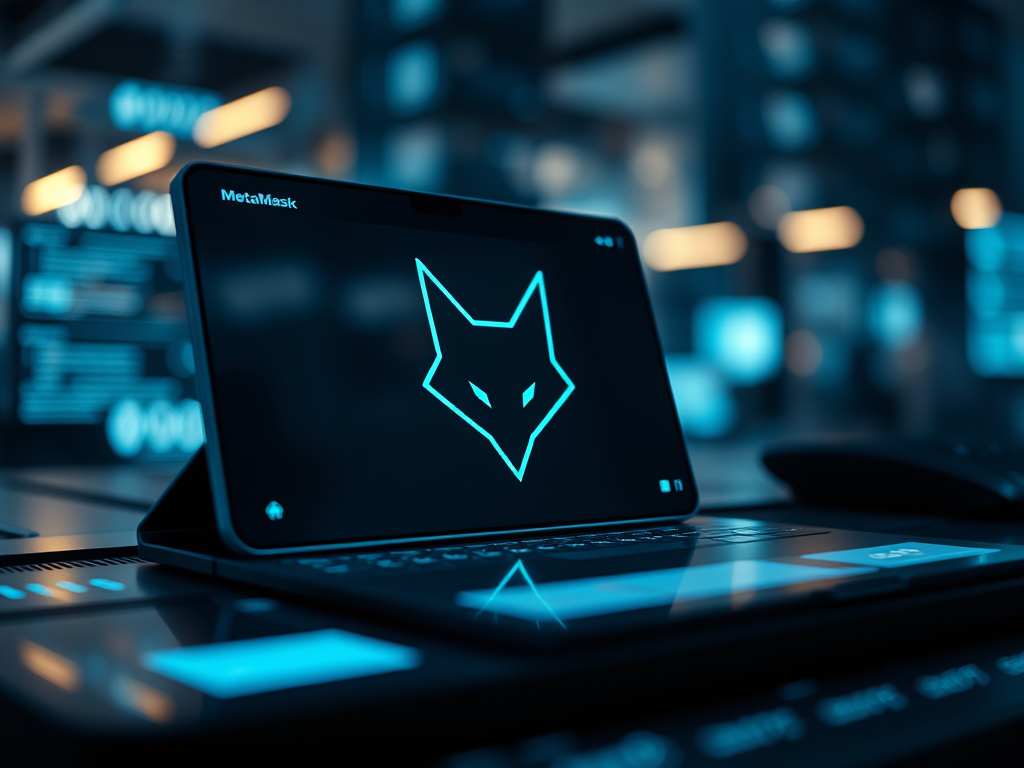Secure and User-Friendly Options for All Investors
With the cryptocurrency market continuing to grow, it’s more important than ever to keep your assets safe in a reliable wallet. Choosing the right cryptocurrency wallet in 2024 depends on security features, ease of use, and the type of crypto assets you own. In this guide, we’ll cover the best wallets for storing and managing your digital assets this year.
What to Look for in a Cryptocurrency Wallet
Before choosing a wallet, consider these key features:
- Security: A high level of encryption, two-factor authentication, and backup options.
- User Experience: A clear, intuitive interface that makes transactions easy.
- Supported Assets: Ensure the wallet supports the specific cryptocurrencies you intend to hold.
- Accessibility: Compatibility with mobile and desktop, as well as backup and recovery options.
- Type of Wallet: Decide between a hot wallet (connected to the internet) or a cold wallet (offline storage).
- Ledger Nano X – Best for Security
The Ledger Nano X is one of the most trusted hardware wallets, offering top-notch security and support for over 5,500 cryptocurrencies.
- Security: Offline storage keeps assets safe from online threats.
- Ease of Use: Connects to the Ledger Live app for easy management on mobile and desktop.
- Battery Life: Great for on-the-go, with Bluetooth capability for seamless transactions.

Pros: Unparalleled security, Bluetooth-enabled for mobility.
Cons: Higher price tag.
2. Trezor Model T – Great for Versatility
The Trezor Model T supports a wide range of assets and integrates with multiple exchanges, making it ideal for those with diverse portfolios.
- Supported Assets: Bitcoin, Ethereum, and a variety of altcoins.
- Security Features: Multi-layer encryption, secure offline storage.
- User Interface: Comes with a color touchscreen and easy setup process.

Pros: Extensive asset support, highly secure.
Cons: Slightly bulkier than other hardware wallets.
3. Exodus – Ideal for Beginners
Exodus is a software wallet that prioritizes user experience. It’s ideal for beginners due to its intuitive design and ease of use.
- Supported Assets: Over 200 cryptocurrencies, including Bitcoin, Ethereum, and popular altcoins.
- Mobile & Desktop Compatibility: Sync across multiple devices.
- Built-In Exchange: Allows users to swap crypto directly within the wallet.

Pros: Beginner-friendly, integrated exchange, no setup costs.
Cons: Lack of advanced security features for serious investors.
4. Trust Wallet – Best Mobile Wallet
Trust Wallet is one of the most popular mobile wallets, backed by Binance, and supports a wide range of assets, including NFTs.
- Accessibility: Easy to download on Android and iOS.
- Security: Offers biometric authentication and encrypted keys stored locally.
- Supported Assets: Extensive list, including NFTs on the Binance Smart Chain and Ethereum.

Pros: Mobile-first design, highly secure.
Cons: Limited desktop compatibility.
5. MetaMask – Best for DeFi and Web3 Users
MetaMask is the wallet of choice for users looking to explore the decentralized finance (DeFi) space and Web3 applications.
- Browser Extension & Mobile App: Allows easy access to Web3 platforms.
- DeFi Integrations: Connects with popular DEXs (decentralized exchanges) and dApps.
- Privacy: User data is not stored, enhancing privacy.

Pros: Ideal for DeFi, user-friendly on desktop and mobile.
Cons: Only supports Ethereum and Ethereum-compatible tokens.
Choosing the Right Wallet for You
The right cryptocurrency wallet will depend on your personal needs:
- For security and long-term storage: Choose Ledger Nano X or Trezor Model T.
- For day-to-day access: Exodus and Trust Wallet provide simplicity and accessibility.
- For DeFi and advanced users: MetaMask is ideal.
How to Keep Your Crypto Wallet Secure
Once you choose your wallet, take these extra steps to keep your funds safe:
- Enable Two-Factor Authentication (2FA) for added security.
- Backup and Save Recovery Phrases in a secure offline location.
- Update Firmware and Software regularly to avoid vulnerabilities.
- Avoid Phishing Scams by double-checking URLs and never sharing your private keys.
Final Thoughts
Whether you’re just starting with crypto or have a seasoned portfolio, having a secure and user-friendly wallet is crucial. Take time to explore each option and choose the one that best meets your needs in 2024. With a secure wallet and smart practices, you can protect and grow your digital assets with confidence.


